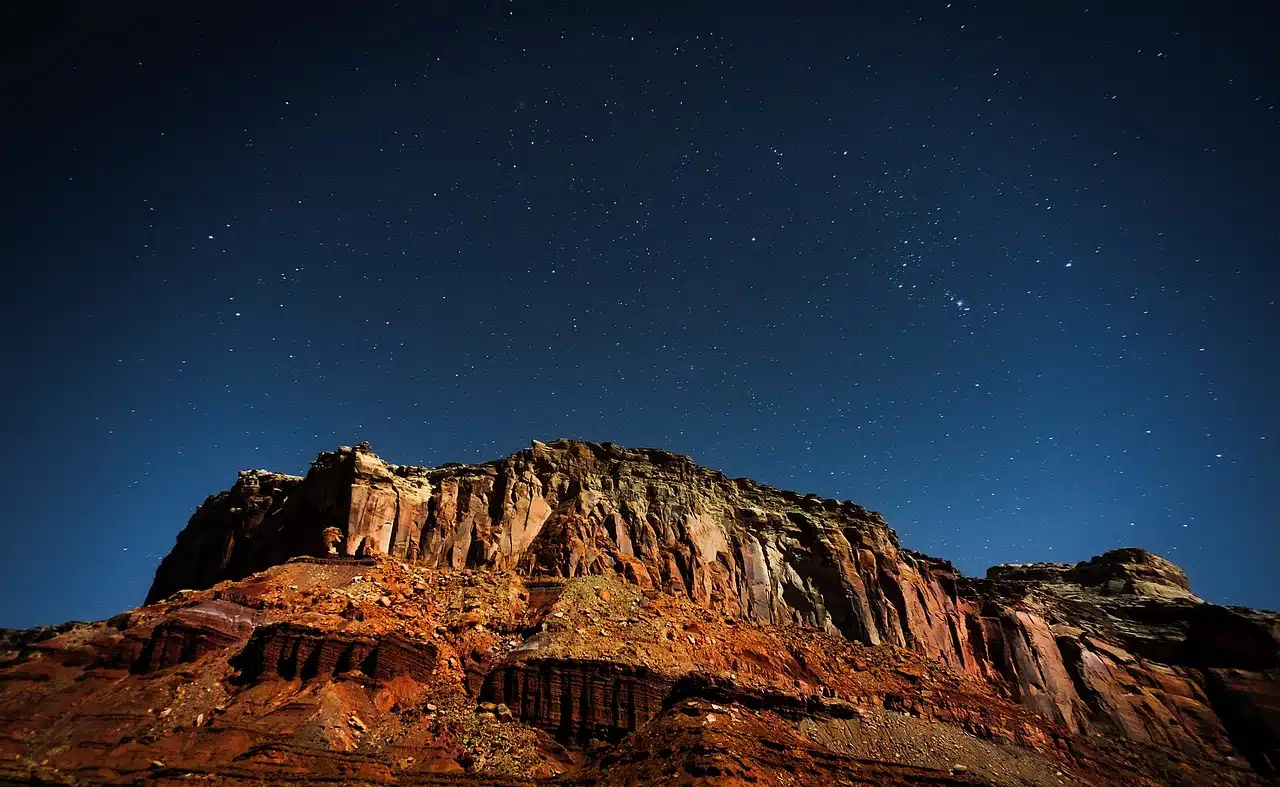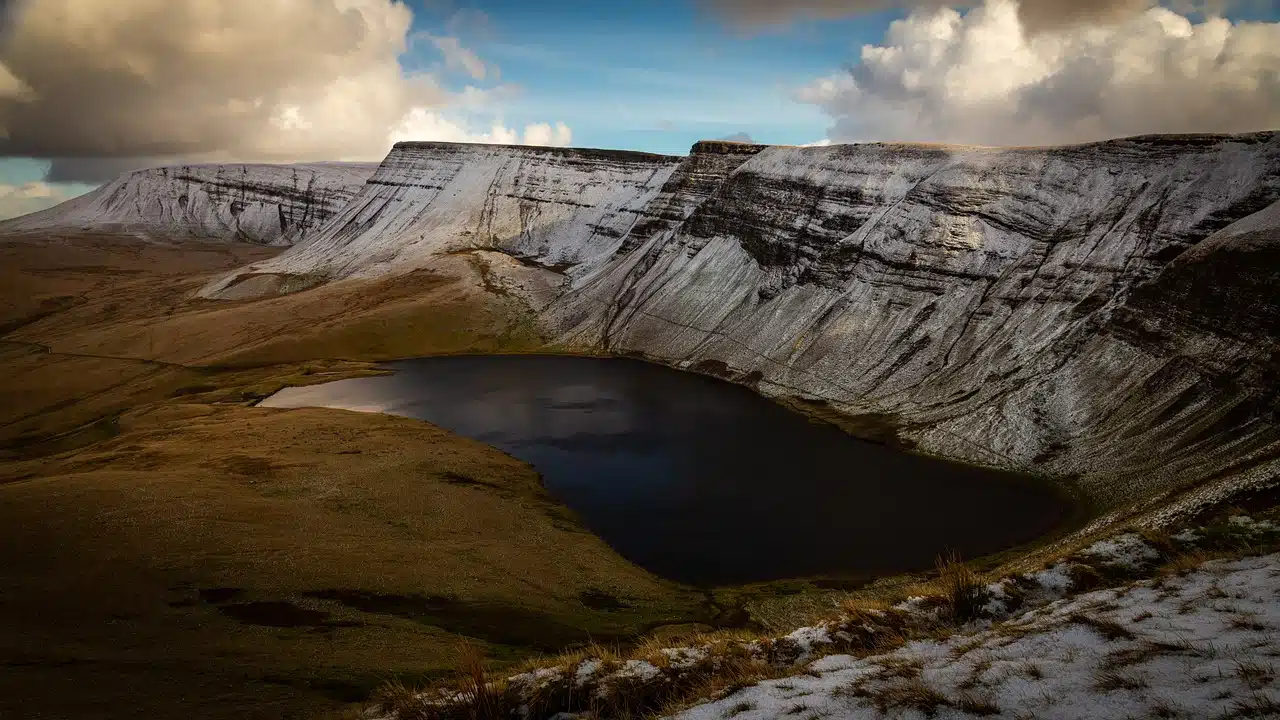
A plateau is a plain that is at a certain height.
A plateau is a plain that is located at a specific height above sea level. The concept arises from the diminutive of table and is widely used in the field of geology and geography .
These elevated plains can arise due to the action of tectonic forces or as a result of soil erosion . In relation to these alternatives, it can be said that the forces exerted on the horizontality of the terrain encounter faults that cause elevation. In the case of erosion, rivers are formed that deepen the place and leave certain areas isolated and at higher altitudes.
It should be noted that there are underwater plateaus , which appeared due to the sinking or flooding of plateaus that, in ancient times, were emerged. An example of an underwater plateau is the Seychelles Islands , which occupy a territory separated from the mainland by water.
Plateaus found at higher altitudes
The plateaus that are at the highest altitude are the Tibet Plateau (more than 4,000 meters above sea level) and the Andean Altiplano (more than 3,000 meters above sea level). In relation to the surrounding terrain, the tepuis of Venezuela, Brazil and Guyana are the highest plateaus, with vertical walls more than a kilometer high.
In the case of Spain , the most important plateau is the one known as the Central Plateau , which is located in the center of the country and stands out for being the oldest relief unit that exists in the entire Iberian Peninsula . Specifically, we can determine that it extends throughout several autonomous communities such as Castilla la Mancha , Extremadura and Castilla y León .
Likewise, from it we can establish that, as a result of the division carried out in it by the Central System , it is made up of two clearly differentiated areas such as the North Subplateau and the South Subplateau . In the first the Duero River takes center stage while in the second the Guadiana and Tajo rivers do the same.
Approximately 650 meters above sea level is the altitude reached by this Central Plateau , which was first named as such in the 19th century by the German explorer and geographer Alexander von Humboldt , who is considered the Father of Modern Geography. Universal.

Plateaus can arise for different reasons.
Other uses of the term
Another use of the term plateau refers to the portion of horizontal floor where a flight of stairs ends. For example: "I'm going to lift the box to the plateau, there I'll take the opportunity to rest for a few minutes, and then I'll continue climbing until I reach the upper floor of the house."
To all this we should add that one of the phases of the sexual response , which is divided into desire , excitement, plateau, orgasm and resolution, is also known as plateau. In the case of the aforementioned plateau, individuals experience high heart rate, flushing, greater muscle tension and increased arousal.
If during this stage the excitement disappears, this entails a series of annoying consequences such as genital congestion in women and testicular pain in men.
The metaphorical meaning of plateau, finally, refers to something that was on the rise and that, at a certain point, stops rising, but does not fall either: "The economy is on a plateau, without major changes."
